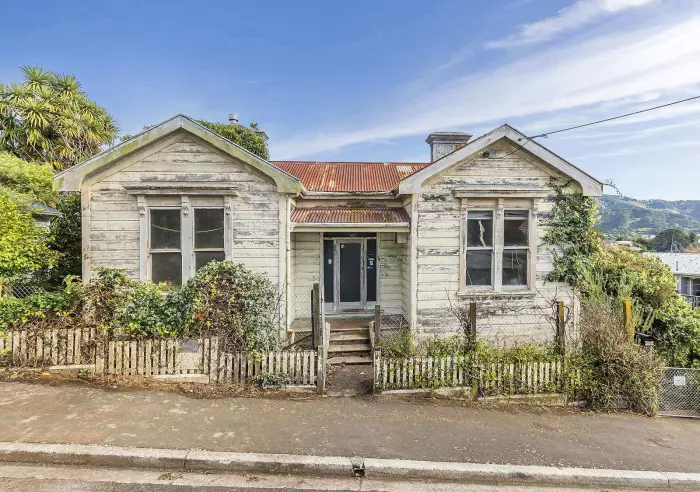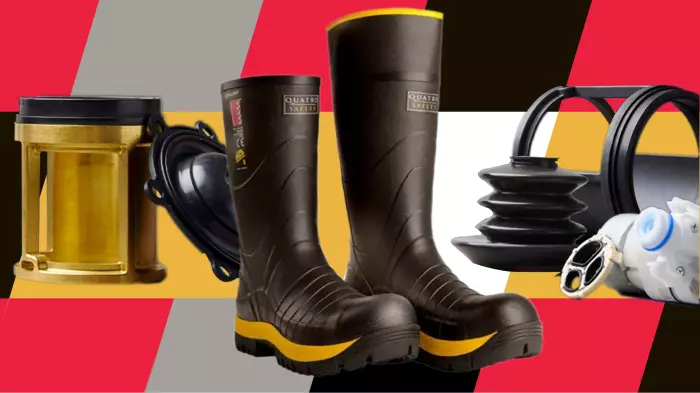BusinessDesk investments editor Frances Cook responds to emails from readers each week to answer questions about money. Below, you will find her expert advice. Send your own questions to [email protected].
Hi,
I am a 34-year-old mother of three living with my partner.
Financially, I think we are doing quite well. I'm a SAHM (stay at home mum) and my partner earns $200,000 annually.
Currently, we live in our house we bought for $875,000 in 2019 but we are looking at selling for around $1.2 million. We have been paying above the minimum the whole time, roughly $1,200 per week. There are properties for sale that are in need of renovation/smaller but with other benefits of being closer to work and a bigger yard for around $860,000.
At that price, with our savings, we could be mortgage-free.
It feels like this is the opposite of what everyone does and is being mortgage-free the goal or is it better to buy a bigger, better house?
A
Hi A,
Time for me to trot out a phrase I use far too often – it depends on what you want out of life. But to me, it seems like a no-brainer to be mortgage-free.
It’s a long pros list, and a short cons list. But for the sake of argument, let’s run through them anyway.
Cons
OK, why on earth wouldn’t you want to be mortgage-free? Well, there are a couple of reasons, I suppose.
Some people like to use their house as leverage, to build towards other goals. You can take out a larger mortgage in order to do things like buy an investment property or start a business.
If those are goals you would like to pursue, then sure, having some type of mortgage could be a good idea.
It's easier to get an extension on your mortgage when you already have one, and an existing relationship with a bank.
Those are pretty much the only good reasons to have a mortgage I can think of.
OK then, let’s move on to the reasons why you might want to pay it off.
Everyone upgrades
You say that everyone seems to buy a bigger house and keep paying off the mortgage. You’re right. But I don’t think they do it for financial reasons.
Oh sure, humans are great at finding reasons to justify what they want to do and making it sound good on paper. So if you ask someone why they upgraded, they may give you a financial reason. But that financial reason often falls apart on even the lightest questioning.
That sounds quite harsh when written down, and I don’t mean it to be. It’s just human nature, as far as I’m concerned.
The more realistic reasons why people upgrade are: they want something fancy and feel that they have time to pay it off; they need more space, for children or working from home; they don’t know where else to put their money and figure that the family home is an asset.
But the family home usually isn’t an asset.
You’re just locking up money in a home, committing yourself to a bigger bill, and missing out on other opportunities for your money, in my humble opinion.
The family home doesn’t really earn money. You’re unlikely to want to rent out a room; most of us get used to living without flatmates and don’t want to go back there.
It might technically increase in value, but so do the other homes around you. In order to access that value in the home, you have to sell and then still find somewhere else to live.
That means downsizing. When the time comes, many people don’t actually want to do that, as they’ve become used to living in the large, nice house that they sank their money into.
Or they have memories of raising their family there and don't want to leave them behind.
Your lifestyle
It sounds like you’ve built up a lovely lifestyle for your family, and you’re eyeing up a move that could improve that lifestyle even more.
Being closer to work is a wonderful thing for your partner. There are many studies that show a long commute has a significant negative impact on mental health. They usually define a long commute as being 20 minutes or longer.
If you’re staying at home and don’t have the financial cost of a mortgage, then there’s the possibility that you could either take on or oversee any necessary renovations quite easily.
So if you bought a bargain house, you could quickly transform it into exactly what you’re after.
Having a bigger yard when you have three children? You don’t need me to tell you that’s a fantastic pro. Outside please, kiddos!
You don’t say what your partner does for work but earning $200,000 a year often comes with quite a stressful job. Being mortgage-free would give them the opportunity to be more flexible with work, if that was what they wanted to do.
Sometimes sole income earners find that level of responsibility quite stressful. Knowing that you had a roof over your family’s head, and no responsibility to the bank, might be quite a gift to them.
They may be interested in fewer hours at work, to spend more time with the family. Or they might simply like the mental security of knowing that if they mess up at work and lose their job, their world won’t come crashing down.
I’m absolutely reading into the situation there, so may be off base, of course. But in your position, that would be something I would be interested in talking to my partner about.
Building up assets
An underlying question that I suspect you’re asking, is whether you’re missing out on the opportunity to build up assets.
As I said earlier, I don’t actually think that the family home is an asset. So I don’t think you should worry about buying a ‘bigger, better’ home, simply for the sake of it.
You can still, however, think about directing the money saved into true assets.
You may be interested in an investment property. Or learning to invest into the share market.
Investing can seem scary at first but think about it like driving a car.
If someone dumped you into a car for the first time, no driving lessons, and told you to get on the motorway and drive 100kmh? It would probably not end well.
But you take lessons. You learn how it works. You know you don't need to become a race car driver, you just need to know how to drive safely to get from A to B.
Investing, especially into shares, is very similar. You read a couple of books, learn how it works, and get going.
You don't need to pick hot stocks or beat the market. The simplest ways of investing, happily, work the best for most of us.
This could help build your family’s financial security and make you less dependent on your partner’s job. I’m a big fan of not being too dependent on a job.
Long story short? Don’t worry about what everyone else is doing. It’s impossible to know their true situation behind the scenes, and most of us don’t make very logical decisions when it comes to money.
You’re on a path that could give you a lot of financial freedom, which leads to time freedom and lifestyle freedom.
Sounds good to me.
Send questions to [email protected] if you want to be featured in the column. Emails should be about 200 words, and we won't publish your name. Unfortunately, Frances is not able to respond to every email received or offer individual financial advice.
Information in this column is general in nature and should not be taken as individual financial advice. Frances Cook and BusinessDesk are not responsible for any loss a reader may suffer.














